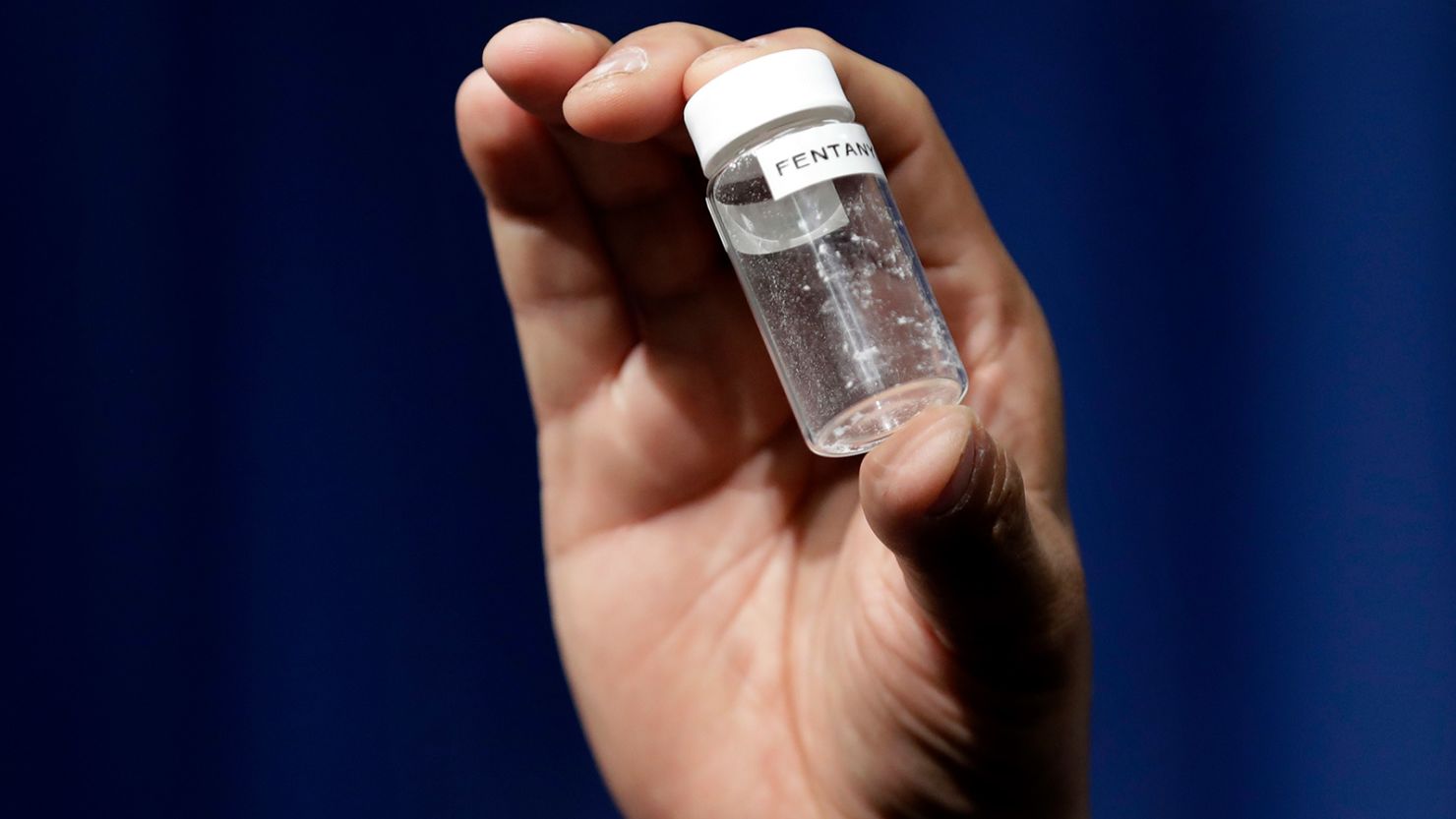Drug overdoses in the United States were deadlier than ever in 2021, according to provisional data from the US Centers for Disease Control and Prevention.
Nearly 108,000 people died of drug overdoses in 2021, and about two-thirds of those deaths involved fentanyl or another synthetic opioid.
Overdose deaths have been on the rise for years in the US, but surged amid the Covid-19 pandemic: Annual deaths were nearly 50% higher in 2021 than in 2019, CDC data shows.
The spike in overdose deaths in the second year of the pandemic wasn’t as quite as dramatic as in the first year: Overdose deaths were up about 15% between 2020 and 2021, compared with a 30% jump between 2019 and 2020.
But the change is still stark. In 2021, about 14,000 more people died of overdose deaths in than in 2020, the CDC data shows.
“This is indeed a continuation of an awful trend. Rates of overdose deaths have been on an upward climb for decades now, increasing at unprecedented rates right before the beginning of the Covid-19 pandemic in the US,” said Dr. Nora Volkow, director of the National Institute on Drug Abuse.
The pandemic accelerated trends that were already heading in the wrong direction, and experts say that reversing course will require concentrated efforts – and it will take time, both strategically and ideologically.
In February, Katherine Keyes, an associate professor at the Columbia University Mailman School of Public Health whose research focuses on psychiatric and substance use epidemiology, told CNN that easing Covid-19 restrictions wouldn’t mean an immediate change.
“You won’t see a reversal in the same way you saw the acceleration because these drug distribution networks and addiction become embedded in the community. And it’s not like they turn off overnight,” Keyes said.
Early in the pandemic, Keyes was part of a research team that modeled the potential impact of the Covid-19 pandemic on drug overdoses. They found that even if the pandemic did end overnight, the effects on drug overdoses would persist for at least a year.
Treatment for drug abuse was lacking even before the pandemic. In 2019, more than 20 million people ages 12 and older reported having a substance abuse disorder, only 10% of whom reported receiving care, according to a report from the US Department of Health and Human Services’ Substance Abuse and Mental Health Services Administration.
And a report from the Kaiser Family Foundation cites evidence that access and utilization of these services has gotten even worse during the pandemic.
The illicit drug supply in the US has also seen a “massive shift” over the past two decades, Volkow said.
“Previously, prescription drug misuse and heroin use were the primary drivers of overdose deaths. However, as fentanyl and other synthetic opioids began to infiltrate the drug market several years ago, we started to see how expanding exposure of a profitable, easy-to-make, and incredibly dangerous drug dramatically increased risk and vulnerability to drug overdose deaths.”
Increasing use of the synthetic drug caught the attention of experts before Covid-19 hit, but the pandemic may have exacerbated the problem. With international travel limited, synthetics that are easier to manufacture and more concentrated were likely more efficient to smuggle across borders, Volkow said.
Get CNN Health's weekly newsletter
Sign up here to get The Results Are In with Dr. Sanjay Gupta every Tuesday from the CNN Health team.
Overdose deaths involving synthetic opioids such as fentanyl, psychostimulants such as methamphetamine, and cocaine all increased between 2020 and 2021, according to the new CDC data. Deaths involving natural or semi-synthetic drugs, such as prescription drugs, fell slightly from the year prior.
“This is a devastating milestone in the history of the overdose epidemic in America. When we report numbers, we must remember that each number represents an individual, their families, and their communities,” Volkow said. “Compounding this tragedy, we have underused evidence-based treatments already in place that could help many people. We must meet people where they are to prevent overdoses, reduce harm, and connect people to proven treatments to reduce drug use.”


